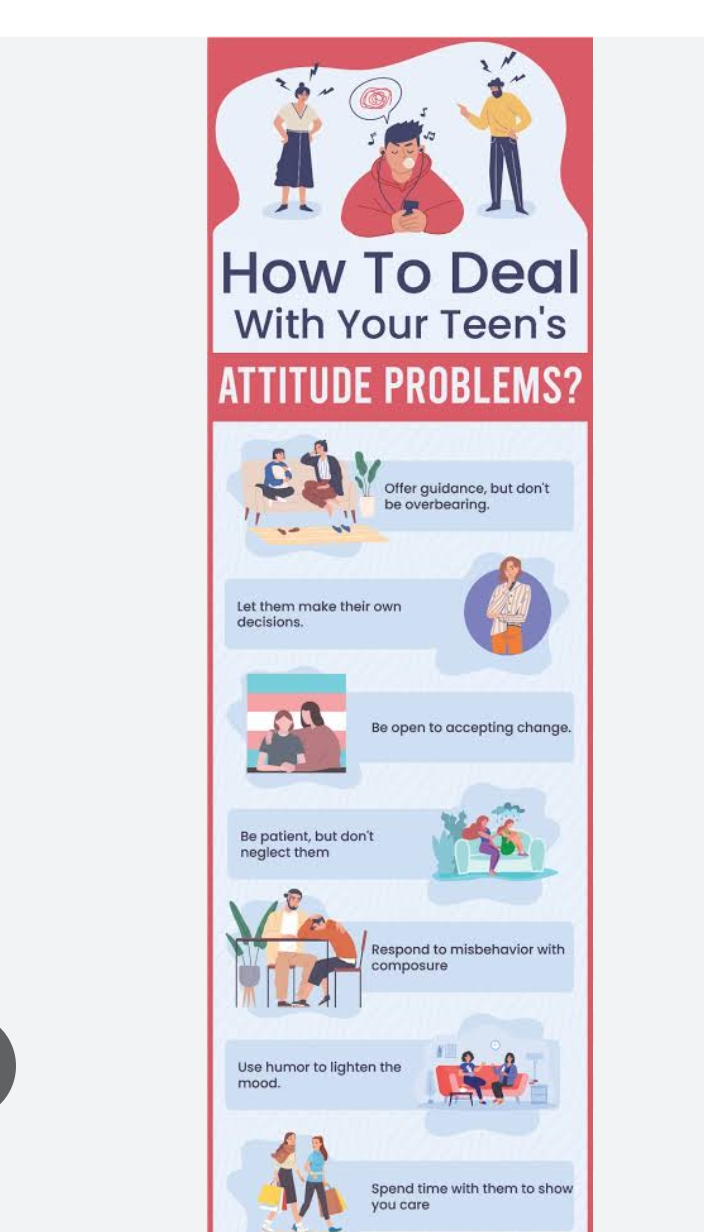+918048809459

This is your website preview.
Currently it only shows your basic business info. Start adding relevant business details such as description, images and products or services to gain your customers attention by using Boost 360 android app / iOS App / web portal.
Managing aggressive behavior in teenagers through ...

Managing aggressive behavior in teenagers through psychotherapy involves various strategies and techniques that are tailored to the individual's needs. Here are some effective approaches: 1. **Cognitive Behavioral Therapy (CBT)**: CBT helps teenagers identify and change negative thought patterns that lead to aggressive behavior. It teaches coping skills, problem-solving techniques, and helps in developing healthier ways to express emotions. 2. **Family Therapy**: This approach involves the family in the therapy process to address and improve communication, resolve conflicts, and create a supportive home environment. It can help in understanding the root causes of aggression that may stem from family dynamics. 3. **Anger Management**: Specific anger management techniques can be taught to help teenagers recognize the signs of anger and learn how to control their responses. This might include relaxation techniques, deep breathing exercises, and the use of time-outs to cool down. 4. **Social Skills Training**: Many aggressive behaviors arise from poor social skills. Teaching teenagers effective ways to communicate, assert themselves, and resolve conflicts can reduce aggression. 5. **Mindfulness and Relaxation Techniques**: Mindfulness practices and relaxation exercises can help teenagers manage stress and reduce impulsive reactions. Techniques such as meditation, progressive muscle relaxation, and guided imagery can be beneficial. 6. **Medication**: In some cases, medication may be prescribed to help manage underlying issues such as ADHD, depression, or anxiety that contribute to aggressive behavior. This should be closely monitored by a healthcare professional. 7. **Behavioral Interventions**: These involve setting clear rules and consequences for behavior, using positive reinforcement to encourage desirable behaviors, and teaching parents effective discipline strategies. 8. **Emotion Regulation Skills**: Helping teenagers understand and regulate their emotions is crucial. This can include identifying triggers, understanding the physiological signs of anger, and developing healthier ways to express emotions. 9. **Building Self-Esteem**: Many aggressive teenagers struggle with low self-esteem. Activities and therapies that build self-confidence and a positive self-image can reduce the need to resort to aggression as a form of self-protection or expression. 10. **Trauma-Informed Therapy**: If a teenager's aggression is linked to past trauma, addressing the trauma directly through therapies such as EMDR (Eye Movement Desensitization and Reprocessing) or trauma-focused CBT can be effective. 11. **Consistent Structure and Routine**: Providing a stable, predictable environment can help reduce anxiety and aggression. Establishing clear expectations and routines can make a significant difference. 12. **Collaborative Problem Solving (CPS)**: This approach involves working with the teenager to understand the underlying issues causing the aggression and collaboratively finding solutions. It emphasizes empathy, problem-solving, and skill-building. Each of these approaches can be adapted to the individual needs of the teenager and may often be used in combination for the best outcomes. It's important for therapists to build a strong, trusting relationship with the teenager and to work closely with their families and other support systems. contact us:- Arunoday counseling clinic Indore Best psychologist mental health Therapist marital councellor psychotherapist

